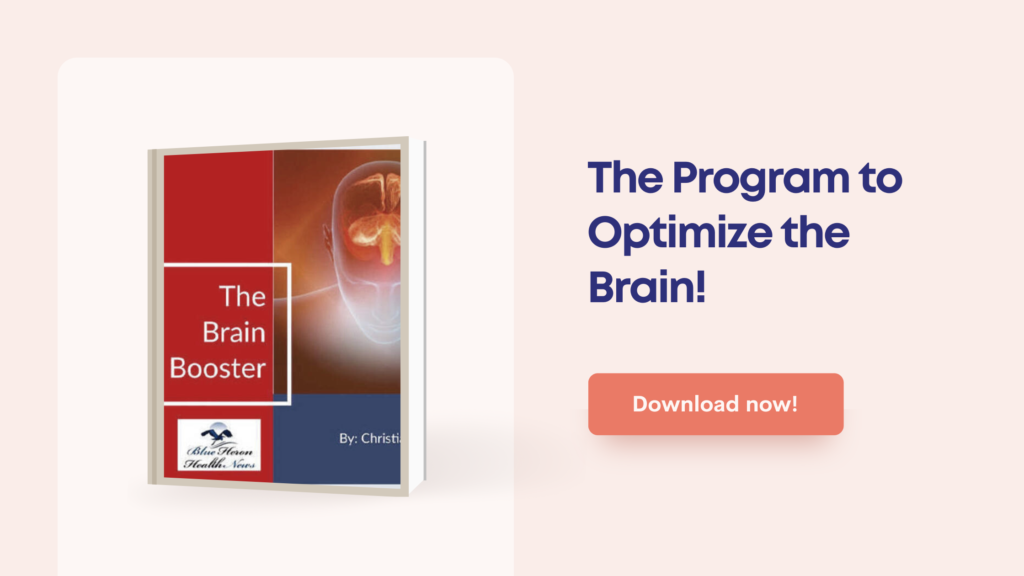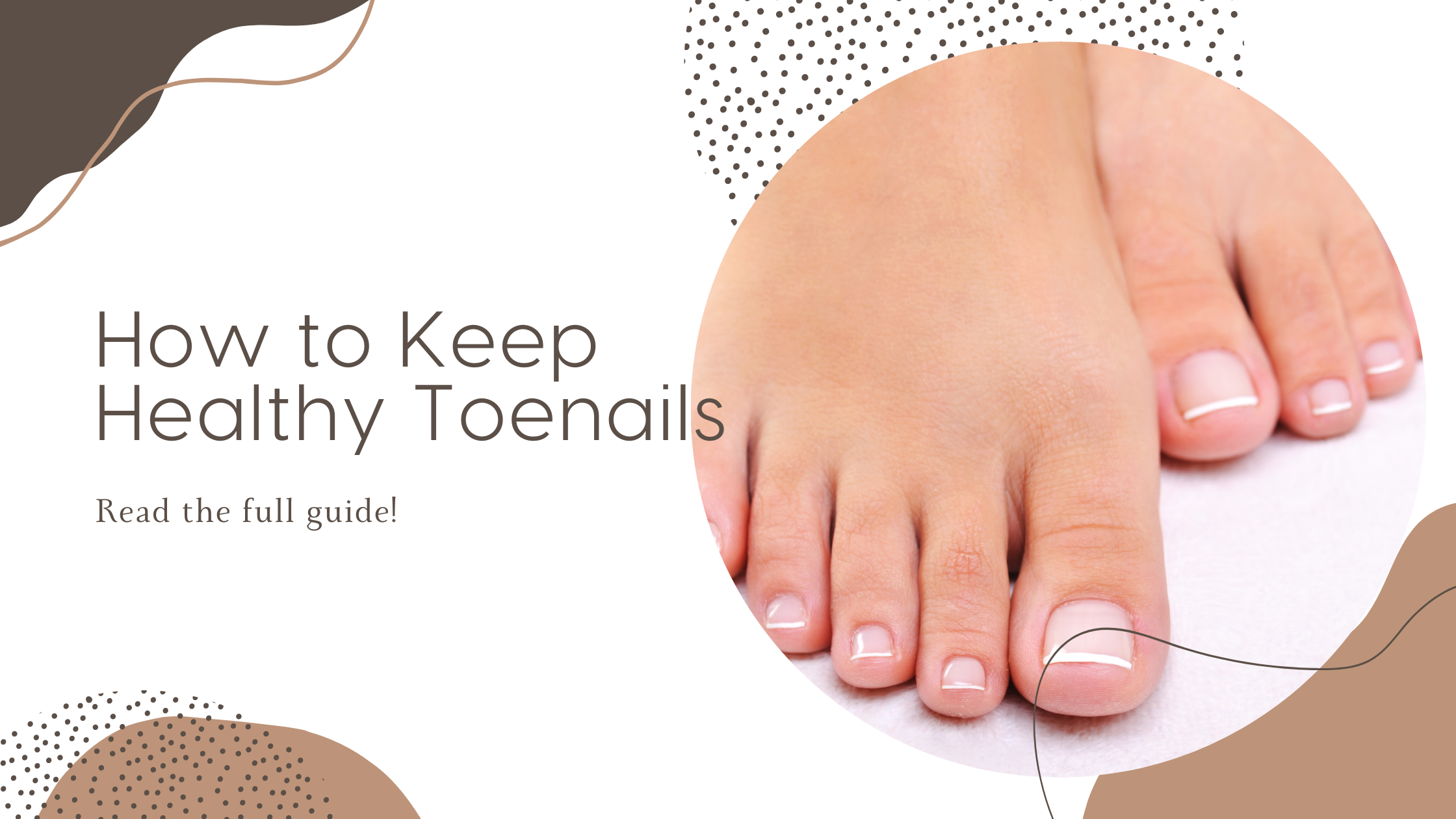In the ever-evolving landscape of healthcare, few conditions are as feared and mysterious as Alzheimer’s disease. As one of the leading causes of dementia worldwide, Alzheimer’s not only strips individuals of their memories and cognitive abilities but also takes a toll on their loved ones and caregivers. While medical science continues its quest for a cure, there is growing evidence to suggest that certain lifestyle choices and habits can significantly reduce the risk of developing this debilitating condition.
In this comprehensive guide, we delve into the strategies and practices that may help safeguard your brain health and mitigate the risk of Alzheimer’s disease. From dietary adjustments to mental exercises, we explore a holistic approach aimed at promoting cognitive vitality and longevity. Whether you’re looking to protect yourself or support a loved one in their journey toward maintaining mental acuity, the insights shared here offer valuable resources and actionable steps to empower you in the fight against Alzheimer’s. Join us as we embark on a journey to unlock the keys to preserving cognitive function and embracing a life filled with clarity, vitality, and possibility.
What is Alzheimer?
Alzheimer’s disease is a progressive neurodegenerative disorder that primarily affects the brain, leading to a decline in memory, thinking skills, and eventually the ability to carry out even the simplest tasks. Named after German physician Alois Alzheimer, who first described it in 1906, Alzheimer’s is the most common cause of dementia, a broad term used to describe a range of symptoms associated with cognitive decline severe enough to interfere with daily life.
The hallmark characteristics of Alzheimer’s disease include the formation of abnormal protein deposits in the brain, such as beta-amyloid plaques and tau tangles. These deposits disrupt the normal communication between brain cells and cause them to degenerate and die over time. As the disease progresses, individuals may experience a gradual loss of memory, confusion, difficulty with language and communication, impaired judgment, and changes in personality and behavior.
Alzheimer’s disease typically advances through several stages, starting with mild cognitive impairment (MCI) and progressing to more severe stages of dementia. In the later stages, individuals may require round-the-clock care as they become increasingly dependent on others for their daily needs.
Although the exact cause of Alzheimer’s remains unknown, researchers believe that a combination of genetic, environmental, and lifestyle factors may contribute to its development. Age is the most significant risk factor, with the majority of cases occurring in individuals aged 65 and older. However, early-onset Alzheimer’s can also affect individuals in their 40s and 50s, albeit less commonly.
Currently, there is no cure for Alzheimer’s disease. Treatment options aim to alleviate symptoms and improve quality of life for affected individuals and their caregivers. Research into potential treatments and preventive measures is ongoing, with a focus on understanding the underlying mechanisms of the disease and identifying ways to intervene early in its progression.
Join the Brain Booster Program
Brain Booster, developed by Christian Goodman, CEO of Blue Heron Health News, is a pioneering program crafted to elevate cognitive function through natural means. The premise of the initiative lies in the vital role of adequate blood circulation and oxygen delivery in optimizing brain performance. Recognizing that the brain consumes a significant portion of the oxygen we breathe, Brain Boost aims to counteract common cognitive issues such as memory lapses and lack of concentration that stem from insufficient oxygen supply.
At the core of Brain Booster are a series of exercises meticulously grouped into Body Balance Exercises, Breathing Exercises, Head Muscle Exercises, and The Mind-Body Exercise. Each category targets specific facets of brain health. For instance, Body Balance Exercises concentrate on enhancing physical alignment to facilitate improved blood flow to the brain, while Breathing Exercises focus on techniques to augment oxygen intake crucial for the vitality and functionality of brain cells.
This program is entirely digital, offering accessibility anytime, anywhere, whether on a smartphone, tablet, or computer. The convenience of digital access ensures consistent engagement, a crucial factor in achieving tangible results.
Brain Booster: Pros and Cons
Holistic Approach:
Brain Boost doesn’t just alleviate symptoms; it addresses the root cause of cognitive decline—poor blood flow and insufficient oxygen supply to the brain.
User-Friendly:
The exercises are straightforward, requiring no special equipment, making them accessible to a wide audience.
Scientific Foundation:
Grounded in the established principle linking brain health to blood flow and oxygen levels, Brain Boost offers a sound basis for its methodology.
Natural and Safe:
As a natural approach, it provides a risk-free alternative to conventional treatments, which may entail side effects.
Convenience:
Its digital format ensures easy accessibility, facilitating adherence to the program.
Commitment to Satisfaction:
Backed by a 60-day money-back guarantee, Brain Boost demonstrates confidence in its effectiveness, offering users a risk-free trial.

Work Out
Physical activity has emerged as a potent tool in the battle against Alzheimer’s disease, offering compelling evidence for its preventive and therapeutic potential, according to insights from Dr. Peter Sagan, from Cleveland Clinic. The consensus among experts is that regular exercise not only aids in staving off the onset of Alzheimer’s but also slows its progression in individuals exhibiting symptoms.
Dr. Sagan underscores the significance of incorporating 30 minutes of moderately vigorous aerobic exercise into one’s routine, advising a frequency of three to four days per week. This recommendation aligns with a growing body of research highlighting the profound impact of exercise on brain health.
Regular physical activity promotes increased blood flow to the brain, facilitating the delivery of oxygen and vital nutrients essential for cognitive function. Furthermore, exercise stimulates the production of growth factors that support the growth and maintenance of brain cells, fostering neuroplasticity—the brain’s ability to adapt and reorganize itself.
Moreover, exercise is not solely limited to aerobic activities; resistance training and balance exercises also confer cognitive benefits. Resistance training, in particular, promotes the release of neuroprotective factors and enhances synaptic plasticity, contributing to overall brain health.
Eat Mediterranean Diet
Adopting a Mediterranean diet has garnered significant attention as a potent strategy in the fight against Alzheimer’s disease, as emphasized by Dr. Sagan. This dietary pattern has demonstrated efficacy in both preventing the onset of Alzheimer’s and slowing its progression. Recent research underscores the value of even partial adherence to the Mediterranean diet, offering hope to individuals who may struggle to fully commit to dietary changes.
Central to the Mediterranean diet are fresh vegetables and fruits, whole grains, olive oil, nuts, legumes, and fish. Additionally, moderate consumption of poultry, eggs, and dairy is recommended, along with red wine in moderation. Red meat features sparingly in this dietary regimen.
The Mediterranean diet’s effectiveness in combating Alzheimer’s is attributed to its rich array of nutrient-dense foods. Fresh fruits and vegetables provide essential vitamins, minerals, and antioxidants that support brain health and reduce inflammation—a hallmark feature of Alzheimer’s disease. Whole grains offer sustained energy and promote cardiovascular health, crucial for optimal brain function.
Olive oil, a cornerstone of the Mediterranean diet, is renowned for its high content of monounsaturated fats, which have been linked to improved cognitive function and reduced risk of cognitive decline. Meanwhile, nuts and legumes supply protein, healthy fats, and fiber, contributing to overall brain health.
The inclusion of fish, particularly oily fish like salmon and sardines, provides omega-3 fatty acids, essential for brain structure and function. These fatty acids have been associated with a lower risk of cognitive impairment and may help slow the progression of Alzheimer’s disease.
Moderate consumption of poultry, eggs, and dairy ensures adequate protein intake while minimizing saturated fat—a dietary component linked to cognitive decline and Alzheimer’s risk. Similarly, red wine, consumed in moderation, offers antioxidants and polyphenols that may confer neuroprotective effects.
Sleep Well
Prioritizing sufficient sleep is increasingly recognized as a crucial factor in the prevention of Alzheimer’s disease, according to insights from Dr. Sagan. Emerging evidence indicates that adequate sleep plays a pivotal role in facilitating the clearance of amyloid, a protein implicated in the development of Alzheimer’s, from the brain.
Dr. Saganunderscores the importance of aiming for seven to eight hours of sleep per night to optimize brain health and reduce the risk of Alzheimer’s disease. This recommendation aligns with current guidelines emphasizing the significance of sleep duration and quality in overall well-being.
During sleep, the brain undergoes essential processes that promote memory consolidation, synaptic plasticity, and cellular repair. Adequate sleep duration allows the brain to efficiently clear toxins, including amyloid, accumulated during waking hours. Disrupted sleep patterns, on the other hand, may impede these crucial mechanisms, leading to an accumulation of amyloid plaques and an increased risk of cognitive decline.
Furthermore, insufficient sleep has been associated with a myriad of adverse health outcomes, including impaired cognitive function, mood disturbances, and heightened inflammation—all of which are risk factors for Alzheimer’s disease. Therefore, prioritizing quality sleep is essential for maintaining optimal brain health and reducing the risk of Alzheimer’s disease.
There are some indoor plants that can help you to have a better night of sleep!
Conclusion
In conclusion, safeguarding cognitive health and reducing the risk of Alzheimer’s disease requires a multifaceted approach that encompasses lifestyle modifications, dietary choices, physical activity, and sleep hygiene. Through insights gleaned from experts like Dr. Sagan, we’ve explored the profound impact of these factors on brain health and Alzheimer’s risk.
Embracing a Mediterranean diet rich in fruits, vegetables, whole grains, fish, and healthy fats provides essential nutrients and antioxidants that support brain function and reduce inflammation—a key driver of Alzheimer’s progression. Complementing dietary changes with regular physical activity promotes increased blood flow to the brain, stimulates the production of growth factors, and enhances synaptic plasticity, thereby fortifying cognitive resilience.
Prioritizing sufficient sleep duration and quality is equally vital, as it facilitates the clearance of toxins, including amyloid, from the brain and promotes memory consolidation and cellular repair. Establishing a consistent sleep routine and creating a conducive sleep environment are integral steps in optimizing sleep hygiene and mitigating Alzheimer’s risk.
By integrating these strategies into our daily lives, we empower ourselves to take proactive measures in preserving cognitive health and reducing the risk of Alzheimer’s disease. While there’s no one-size-fits-all approach, the collective insights shared in this article underscore the importance of holistic lifestyle interventions in promoting brain health and longevity. Together, let us embark on a journey toward enhanced cognitive vitality and a future free from the burden of Alzheimer’s disease.







